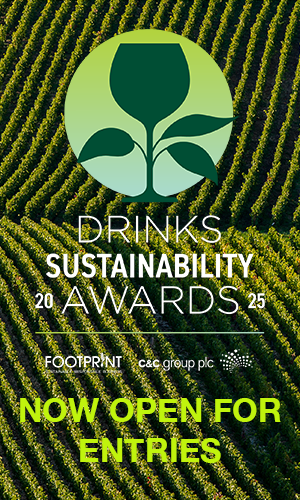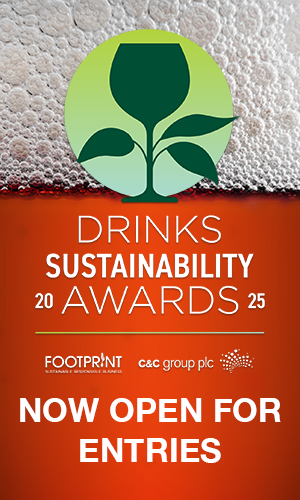Public interest in sustainable goods has surged over the past five years with the pandemic driving it to new heights.
A global report from the Economist Intelligence Unit (EIU), commissioned by WWF, showed a 71% rise in popularity of searches for sustainable goods over the past five years driven by people in high-income countries such as the United States, United Kingdom, Germany, Australia and Canada.
The EIU said this was creating new market opportunities for companies, particularly in the cosmetics, pharmaceutical, fashion and food sectors.
The report notes that in the UK, ethical consumer spending has reached record levels. It cites a 2019 survey by the Co-op supermarket chain which revealed that the total market for ethically and sustainably sourced goods— including food, drinks, clothing, energy and eco-travel— was worth £41bn. Its value has risen almost fourfold within 20 years.
“Sustainable and planet-friendly products used to be a niche market. Today, that’s no longer the case,” said Sheila Bonini, senior vice president of private sector engagement at WWF in the United States. “This research backs up what we’ve seen anecdotally over the years—demand is there.”
The report measured engagement, awareness and action for nature in 27 languages, across 54 countries, covering 80% of the world’s population between 2016 and 2020. It found public interest in and concern for nature has risen 16% in the past five years and has continued to grow during the covid-19 pandemic.
WWF is calling the movement an ‘eco-wakening’. “Thankfully many companies are answering this call, either by offering more responsible products or, even better, transforming their entire value chain to prioritise the environment. From sourcing to production, consumers want to trust that what they buy is sustainable,” said Bonini.











